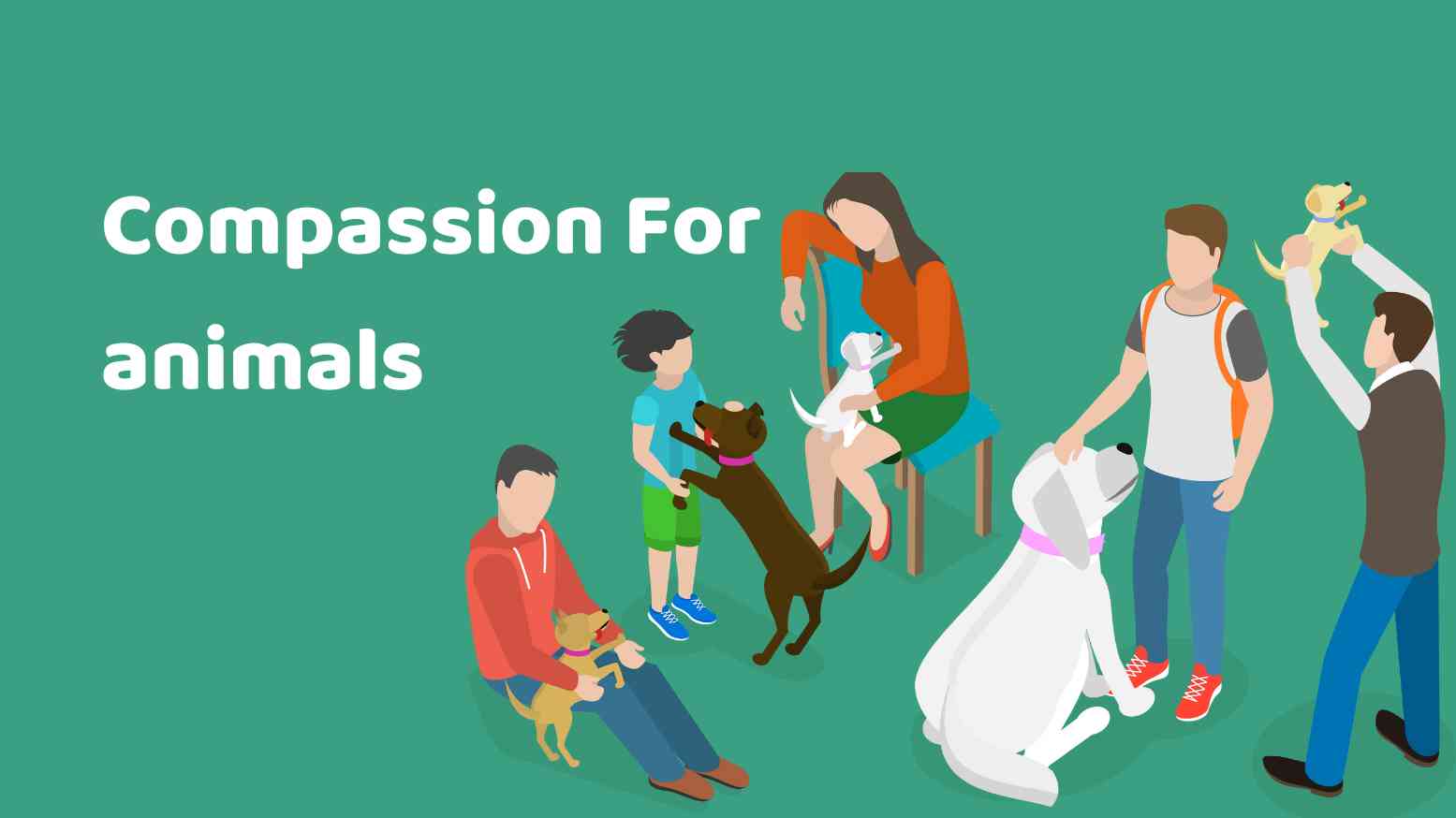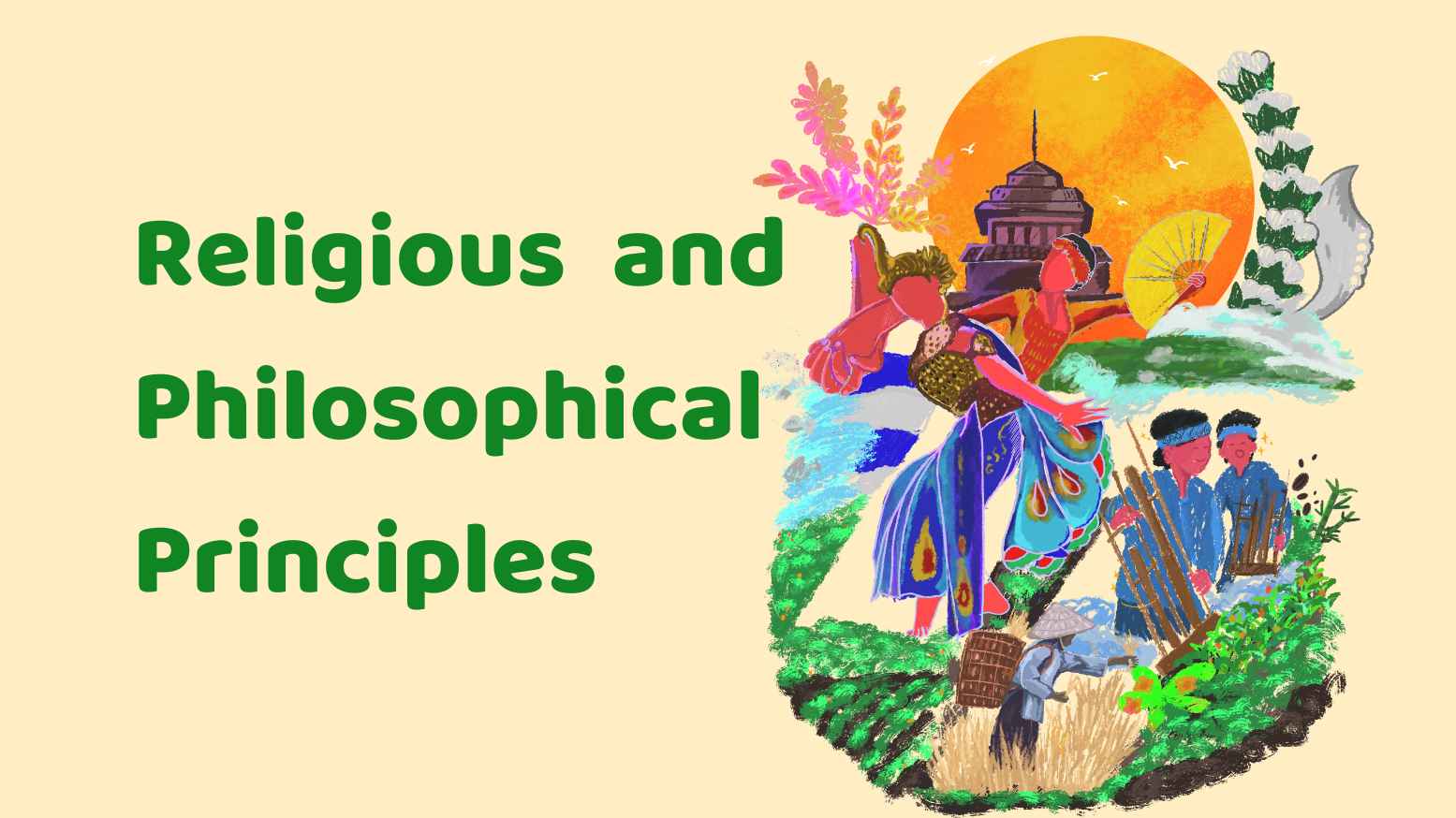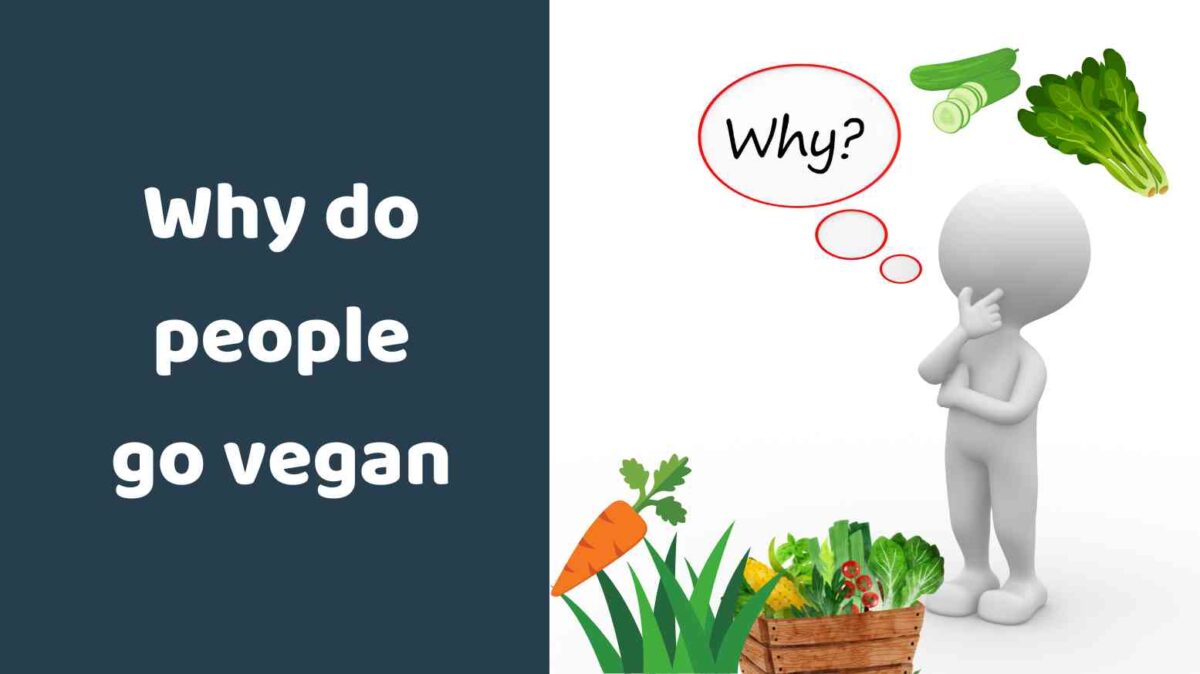Veganism has become a popular lifestyle option at a time when people are more aware of their impact on the planet. This is an intentional decision to match daily behaviors with personal ideals, which transcends dietary preferences.
The reasons for adopting a vegan diet are as different as the people who choose it. Investigating the intricate web of motivations for veganism, we find a strong link between ethics, environmental responsibility, health consciousness, and the pursuit of personal development.
Being vegan is more than just following a diet; it’s a way of life that promotes well-being, protects the environment, and shows compassion for animals. Let’s begin this investigation to learn about the various and powerful reasons, why do people go vegan.
Compassion for animals

Beyond only dietary decisions, the vegan movement is based on an unshakable dedication to animal welfare. This deep commitment results from seeing the brutal reality of factory farms, which ignites a strong moral will to lessen the enormous suffering that animals go through.
For individuals who adopt a vegan lifestyle, it’s more than just changing their food; it’s a concrete way to live under their strong belief in animals’ intrinsic right to exist without suffering or exploitation. Removing animal products is a strong statement and a deliberate move toward giving animals the dignity and freedom they rightfully deserve.
Environmental concerns

Examining the reasons for being vegan reveals a strong sense of environmental responsibility. People who become vegans are aware of the enormous environmental impact of animal agriculture, which includes deforestation, greenhouse gas emissions, and water pollution. Refusing to use animal products becomes an eco-conscious decision, a pledge to lessen one’s environmental effects.
This is more than just a choice in food; it’s a conscious attempt to live a more environmentally conscious and sustainable life. People who choose plant-based diets think they are helping to protect ecosystems and promote peaceful coexistence between humans and the environment.
Health Benefits
 The available scientific data supports the possible health benefits of well-planned vegan diets. Accepting this food option will result in lower cholesterol levels, and decreased chances of heart disease, type 2 diabetes, and several malignancies.
The available scientific data supports the possible health benefits of well-planned vegan diets. Accepting this food option will result in lower cholesterol levels, and decreased chances of heart disease, type 2 diabetes, and several malignancies.
Going vegan is driven by a desire to improve one’s well-being rather than ethical or environmental concerns. People see veganism as a route to health and longevity, a dietary approach that supports their goal of being as healthy as possible and having a strong immune system.
Religious and Philosophical Principles
 For many, veganism becomes the embodied expression of profoundly held philosophical and religious beliefs. Religions like Buddhism, Jainism, and Hinduism promote compassion and nonviolence toward all living things.
For many, veganism becomes the embodied expression of profoundly held philosophical and religious beliefs. Religions like Buddhism, Jainism, and Hinduism promote compassion and nonviolence toward all living things.
Following a vegan lifestyle makes sense for those who follow these traditions since it aligns with their basic principles. It’s a decision based on spiritual and ethical considerations, a concrete way to show respect for life, and a pledge to live according to the values upheld by their beliefs.
Personal Growth and Exploration
Beyond its dietary benefits, veganism facilitates introspection and self-discovery. Making the switch to a plant-based diet sets off a life-changing process of self-discovery. Discovering new ingredients, honing culinary inventiveness, and learning the ins and outs of sustainable living become challenges that not only shape one’s lifestyle but also open doors for personal growth.
A deeper understanding of one’s connection with food, the environment, and eventually oneself can be attained through veganism.
Multifaceted Motivations
It’s critical to understand that choosing to adopt a vegan diet rarely stems from a single incentive. Rather, it creates a complex fabric encompassing ethical, environmental, and health aspects.
People are lured by the many advantages that veganism has to offer, which combines into an enticing combination of reasons that encourage people to adopt this new lifestyle. A complex interplay of values, experiences, and overarching life goals is reflected in the decision to become vegan.
Beyond the Individual
The rise of veganism is a reflection of broader cultural developments rather than just personal preferences. The general upsurge in consciousness about issues related to personal health, the environment, and animal welfare is felt in all communities.
As veganism spreads throughout popular culture, it creates a beneficial domino effect that encourages people to think about more ethical, compassionate, and ecological ways of eating and living. Beyond individual decisions, the influence creates a common ethos that aims for peaceful cohabitation with our planet and its inhabitants.
Our investigation into the reasons behind people’s decision to adopt a vegan lifestyle reveals a colorful patchwork of factors that go beyond simple dietary choices. For those who want to live a conscious lifestyle and change the world for the better, veganism is a fitting choice. The various justifications, which range from environmental preservation to animal compassion, fortify the compelling story of connection.
Veganism is becoming more and more popular since it not only improves people’s lives on an individual basis but also helps the world transition to one that is more ethically sound, sustainable, and compassionate. Understanding the variety of reasons people choose to follow a vegan diet creates space for positive communication and paves the way for a time when mindful living is a common philosophy rather than just a lifestyle choice.
You may also like:
- Are animals killed in the process of farming vegan foods
- Is a vegan diet the ideal human diet
- What are people’s reasons for not going vegan
FAQs
1. What drives individuals to embrace veganism from an ethical standpoint?
Veganism is rooted in an unwavering dedication to animal welfare, driven by a deep moral conviction to alleviate the suffering of animals in factory farms. Choosing a vegan lifestyle is a tangible expression of respect and freedom for animals, acknowledging their intrinsic right to live without exploitation.
2. How does veganism contribute to environmental responsibility?
Individuals adopting veganism are environmentally conscious, recognizing the significant impact of animal agriculture on deforestation, greenhouse gas emissions, and water pollution. Going vegan is seen as an eco-conscious decision, contributing to a more sustainable and environmentally friendly way of living.
3. What health advantages are associated with well-planned vegan diets?
Scientific research supports lower cholesterol levels and reduced risks of heart disease, type 2 diabetes, and certain cancers with well-planned vegan diets. Choosing veganism is often driven by a desire for improved health, longevity, and a robust immune system.
4. How does veganism align with religious and philosophical beliefs?
Veganism becomes an embodied expression of deeply held beliefs in compassion and nonviolence found in religions like Buddhism, Jainism, and Hinduism. It is a decision rooted in spiritual and ethical considerations, reflecting respect for all living beings.
5. Beyond diet, how does veganism contribute to personal growth?
Veganism serves as a catalyst for personal development, encouraging individuals to explore new ingredients, enhance culinary creativity, and embrace sustainable living. It is a transformative journey of self-discovery, fostering a deeper understanding of one’s connection with food and the environment.
6. Are there single motivations behind choosing a vegan lifestyle?
Veganism is rarely driven by a single factor but rather by a complex interplay of ethical, environmental, and health considerations. People are drawn to the multifaceted benefits of veganism, creating a compelling synergy of motivations.
7. How does the rise of veganism extend beyond individual choices?
Veganism reflects broader cultural shifts, with increased awareness of personal health, environmental concerns, and animal welfare driving societal changes. As veganism becomes more mainstream, it creates a positive ripple effect, encouraging ethical, compassionate, and ecological approaches to eating and living.

